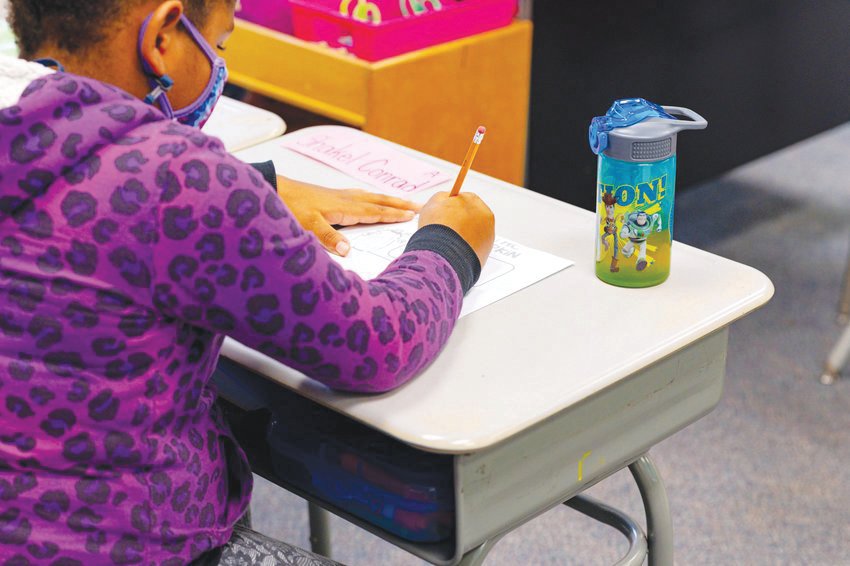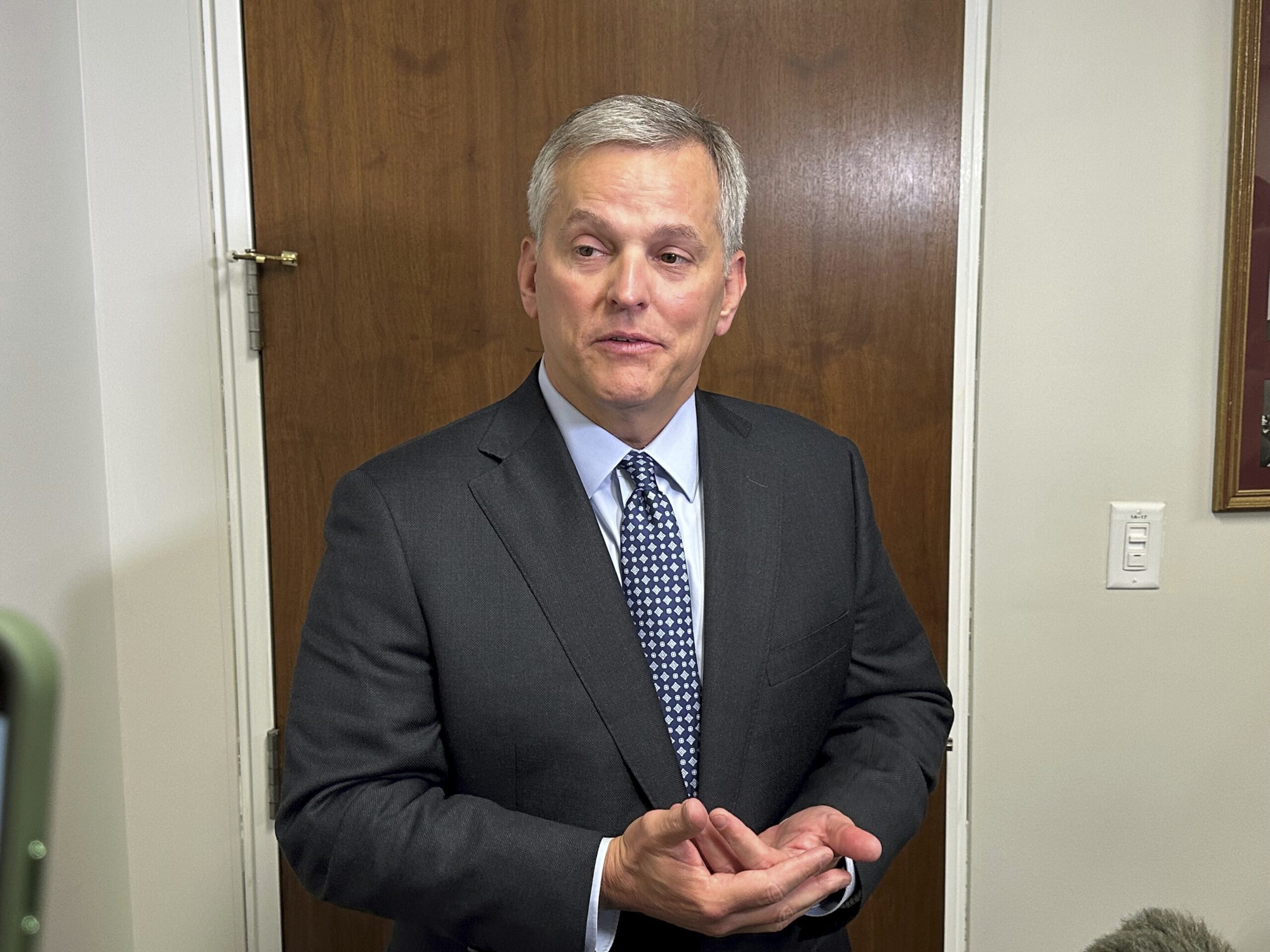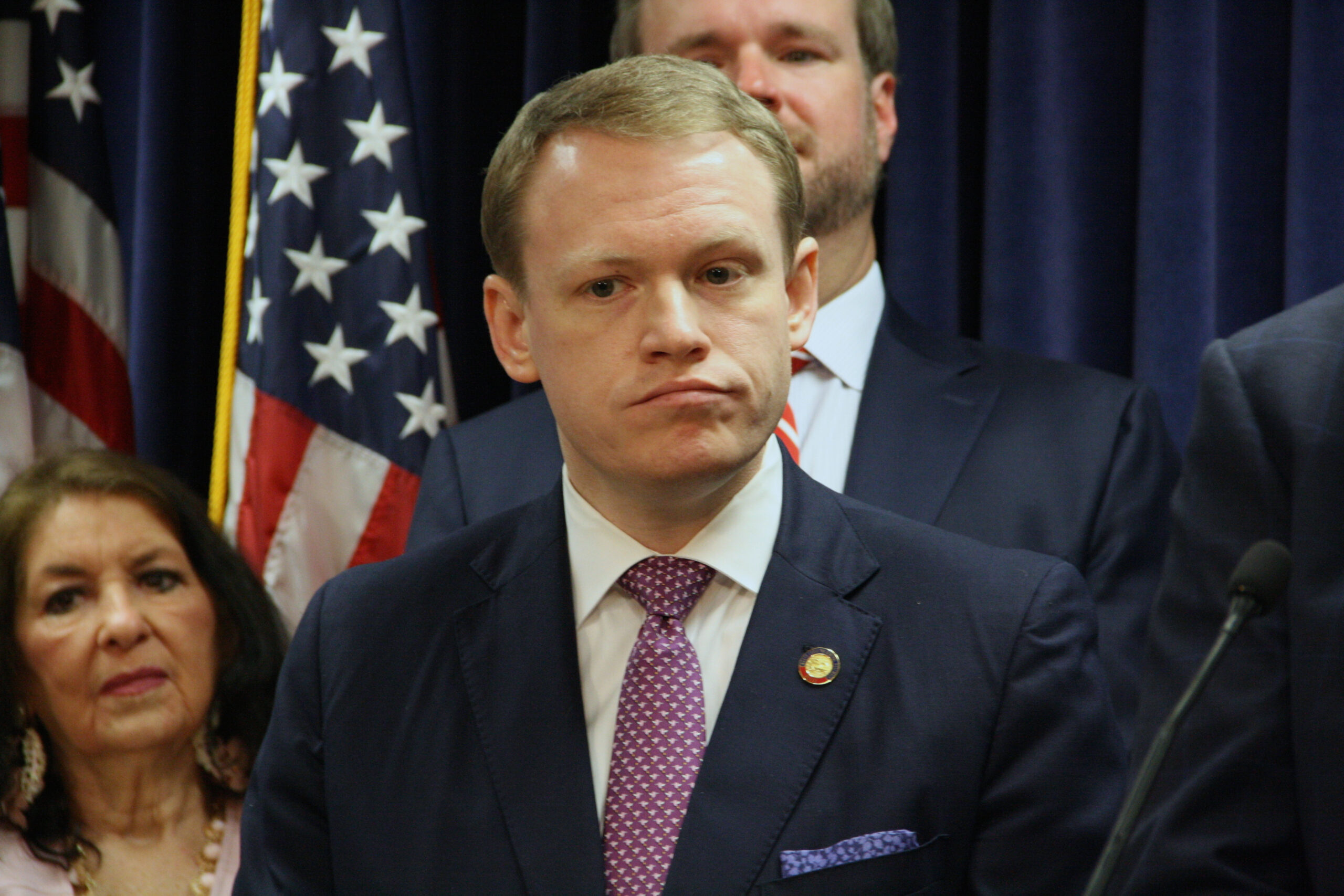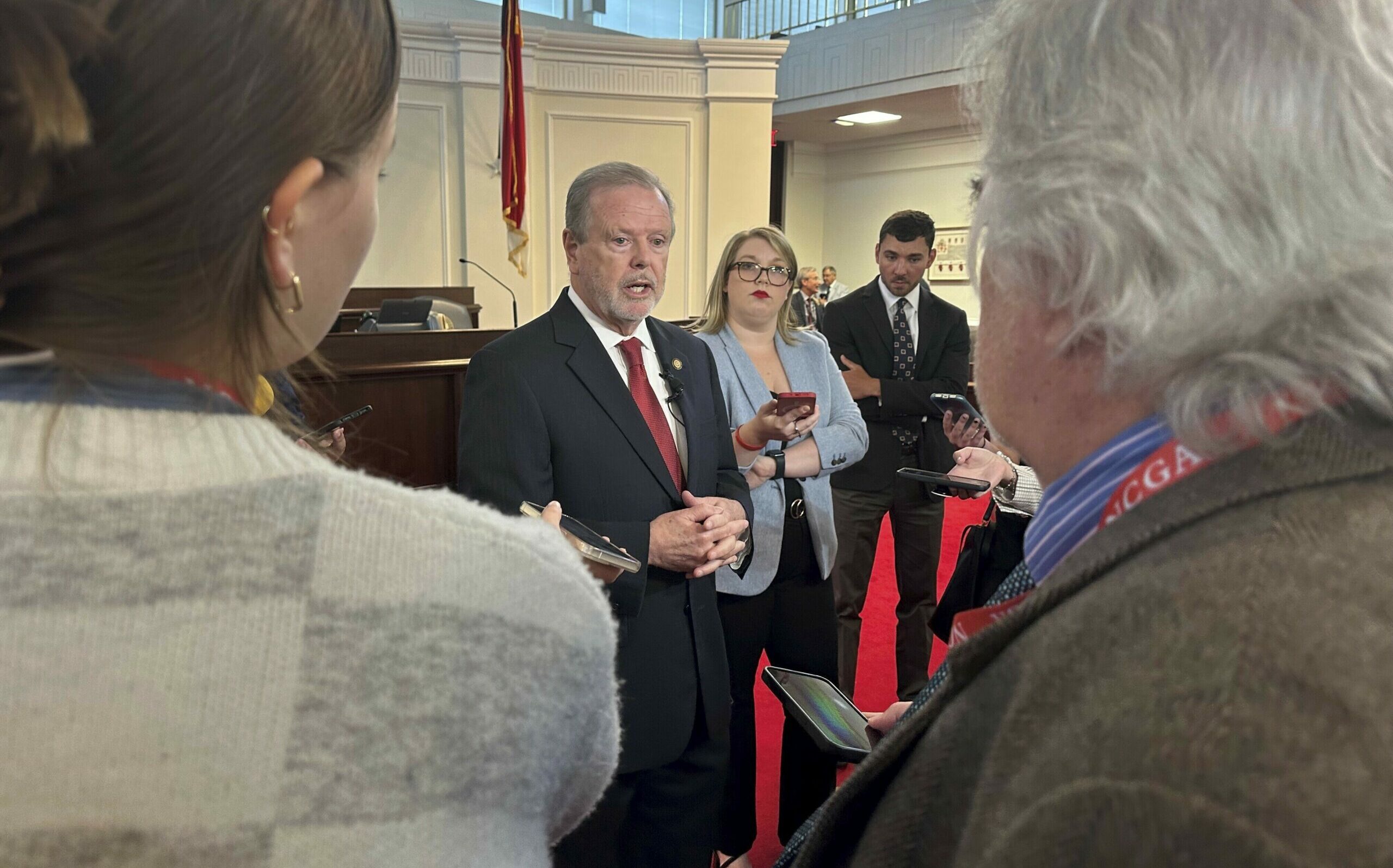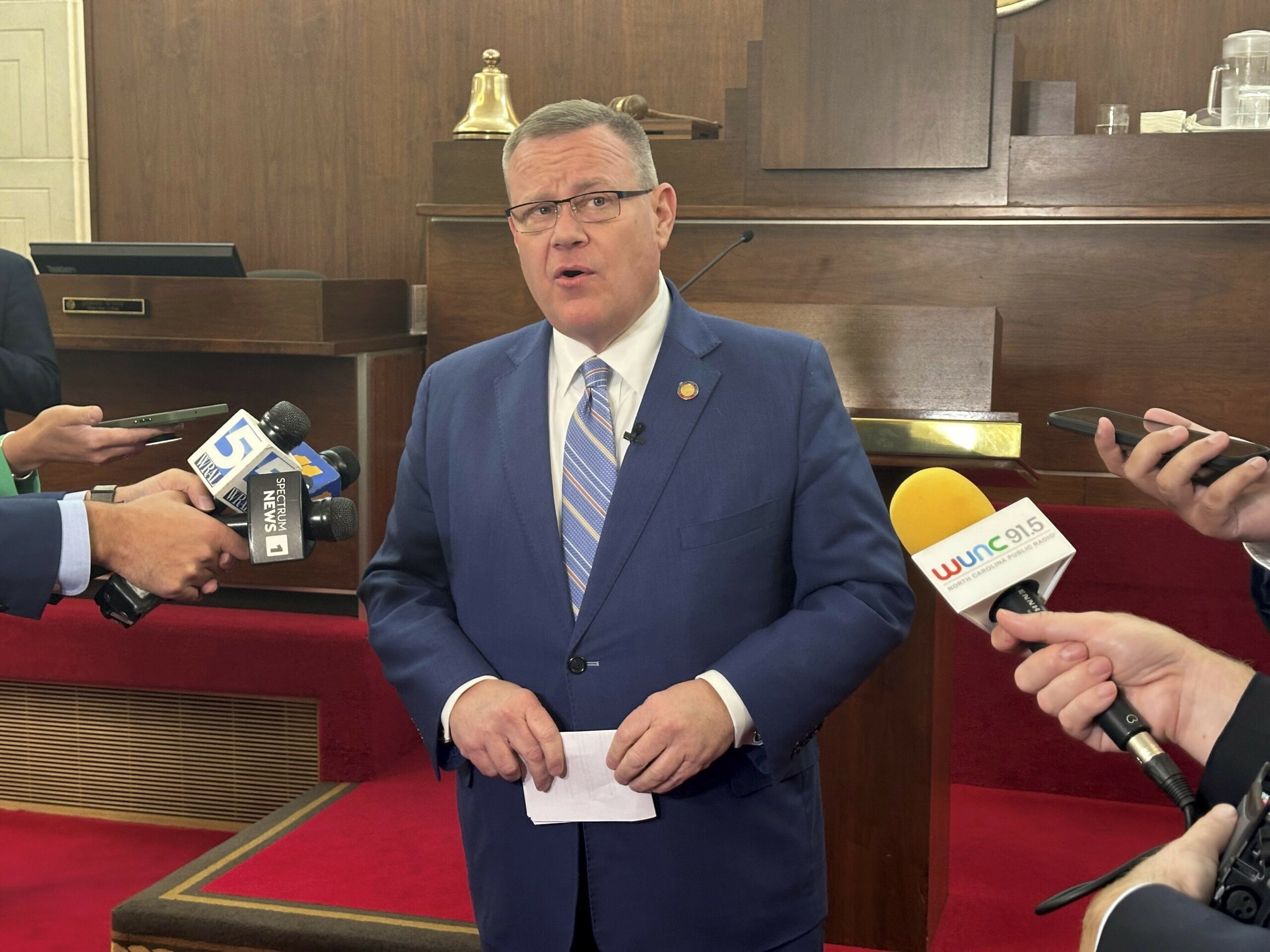As budget season for the state and local governments heat up, funding for schools will once again be a hot topic. The Public School Forum of North Carolina recently shared its latest Local School Finance Study, which shares the spending rates on county levels – and reflects the effects of lower investment from the state lawmakers.
The nonpartisan policy group builds its database on several factors beyond just the amount spent by local governments on their public schools. The report measures adjusted property values, the ability to pay based on fiscal capacity, and more data points to create rankings of all 100 North Carolina counties.
Lauren Fox, who is the senior director of policy and research for the Public School Forum, recently spoke with 97.9 The Hill about this latest report on 2020-21 academic year’s data. She said it reflected trends seen across North Carolina for several years.
“There is increasing inequity across the state,” said Fox, “in terms of counties’ capacity to fund education from local sources, as well as increasing inequity in the actual spending per student in education.”
While the counties are responsible for spending in North Carolina to address school system’s capital needs – like building new schools, redevelopment, and large-scale projects – it’s the state government that allocates money for educational or classroom funding. North Carolina currently ranks 49th out of 50 states in that category. Meanwhile, North Carolina also lags many other states in average teacher pay and per-pupil spending – ranked 38th and 42nd, respectively.
Fox said those numbers are among the reasons why the Leandro lawsuit, and the spending plan birthed after several court rulings, is critical to the state’s future.
“I think it’s really important that our North Carolina residents understand what this [ongoing lawsuit] means and that it’s the state’s responsibility in to fund instructional costs for education,” added Fox. “That’s not the case in all areas of the country. But in North Carolina, the state is responsible for funding expenses related to education – and for over 30 years, the courts have found that they’re not doing an adequate job of that.”
Between low rates of funding and state budget stalemates in the last decade, some county governments spend more attempting to boost teacher salaries and benefits attractive to staff or families. But those governments are often ones with more wealth, whether it be from property value or tax bases. Orange County, for example, is one of the wealthiest counties in the state. The Public School Forum’s report says the county spent the most per student in base appropriations at $6,141 averaged across its two districts — which is more than the bottom seven counties’ average in the category combined.
Fox said the spending imbalance can put poorer counties at a disadvantage or can lead to less funding for other aspects of public schools that help create a robust education.
“That results in very significant inequities in the actual opportunities available for students in different counties – especially because local dollars are the most flexible [for where they’re spent],” said Fox. “We see major differences in what students are able to access in terms of AP courses, staff [assistance], etc.”
As of now, proposed state budgets for the next two years include raises for teachers and some increased educational funding. But when North Carolina is facing the same stresses to its public school system as many other states, Fox said prioritizing closing that allocation gap – both by the state and counties – is even more consequential.
“We’re seeing the impacts of inadequate and inequitable funding now more than ever, I think,” she said. “With teacher shortages, with bus driver shortages, [there’s] just so much impact. And now is the time to really, boldly invest in public schools.
“We encourage everyone,” Fox added, “to let their lawmakers know what they want to see.”
The latest Local School Finance Study can be found on the Public School Forum of North Carolina’s website.
Photo via Peyton Sickles/The Chatham News + Record.
Chapelboro.com does not charge subscription fees, and you can directly support our efforts in local journalism here. Want more of what you see on Chapelboro? Let us bring free local news and community information to you by signing up for our biweekly newsletter.

